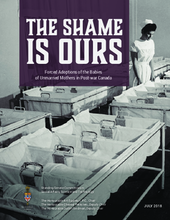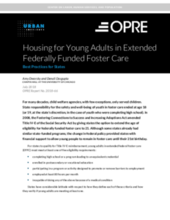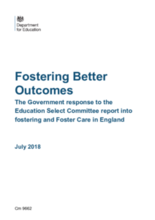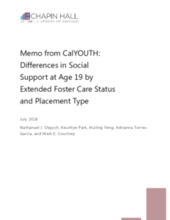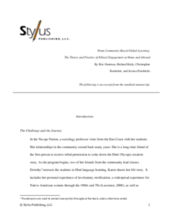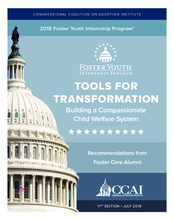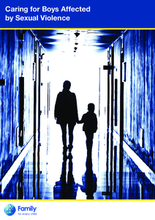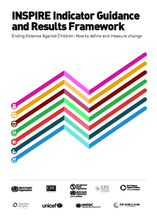Demographic Data
|
Sources: World Bank, UNICEF,UNDP HDR 2015, DHS 2014 |
Displaying 7631 - 7640 of 14393
This practice brief provides recommendations about best practices for ensuring that children and/or their caregivers facing deportation are provided with necessary pre-departure and reintegration services to support safe and sustainable return.
This report describes Canada's history of forcibly removing children from mothers, particularly unwed mothers, and placing them in adoptive families. It compares this history to the similar Australian context and offers recommendations for offering healing to mothers and children who were harmed by this practice.
This brief begins to address knowledge gaps of best practices for housing young adults in extended care, the housing options currently available to those young adults, and how those options vary across and within states in the US.
This paper sets out the government’s response to two reports into foster care: The Education Select Committee Inquiry into Fostering and the Foster Care in England report, an independent review commissioned by the Department for Education. The response describes the government’s vision for foster care and improvements for the system, based on the recommendations of the two reports.
This memo investigates two questions that pertain to extended foster care and social support. First, are there differences in the types and sources of social support between young people who remain in care past age 18 and young people who exit care? Second, among nonminor dependents, are there differences in the types and sources of social support between youth living in different placement types?
With a focus on the situation in Lebanon, Turkey, Jordan, and Greece, this report aims to provide a better understanding of the gendered impact of the refugee crisis on unaccompanied adolescent boys, aged 13 to 17, and men, single or living separately from their families; and to highlight actual and potential gaps in the humanitarian response.
This book gathers and develops theoretical insights and practical tools to support ethical global learning through community-campus partnerships like those described in its pages. The book outlines some of the risks of global service learning, including the harmful impacts of orphanage volunteering.
CCAI’s Foster Youth Internship Program® is a highly esteemed congressional internship for young adults who spent their formative years in the U.S. foster care system. In this annual policy report, the interns focus on subjects they are personally passionate about due to their experiences and understanding after living in foster care and make personal recommendations for improving the U.S. foster care system.
Family for Every Child examined the critical issue of sexual violence affecting boys through this global scoping study, Caring for Boys Affected by Sexual Violence.
The INSPIRE Indicator Guidance and Results Framework is designed to help governments and non-governmental organizations monitor progress and track change over time as they implement INSPIRE strategies to prevent and respond to violence against children.


